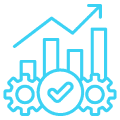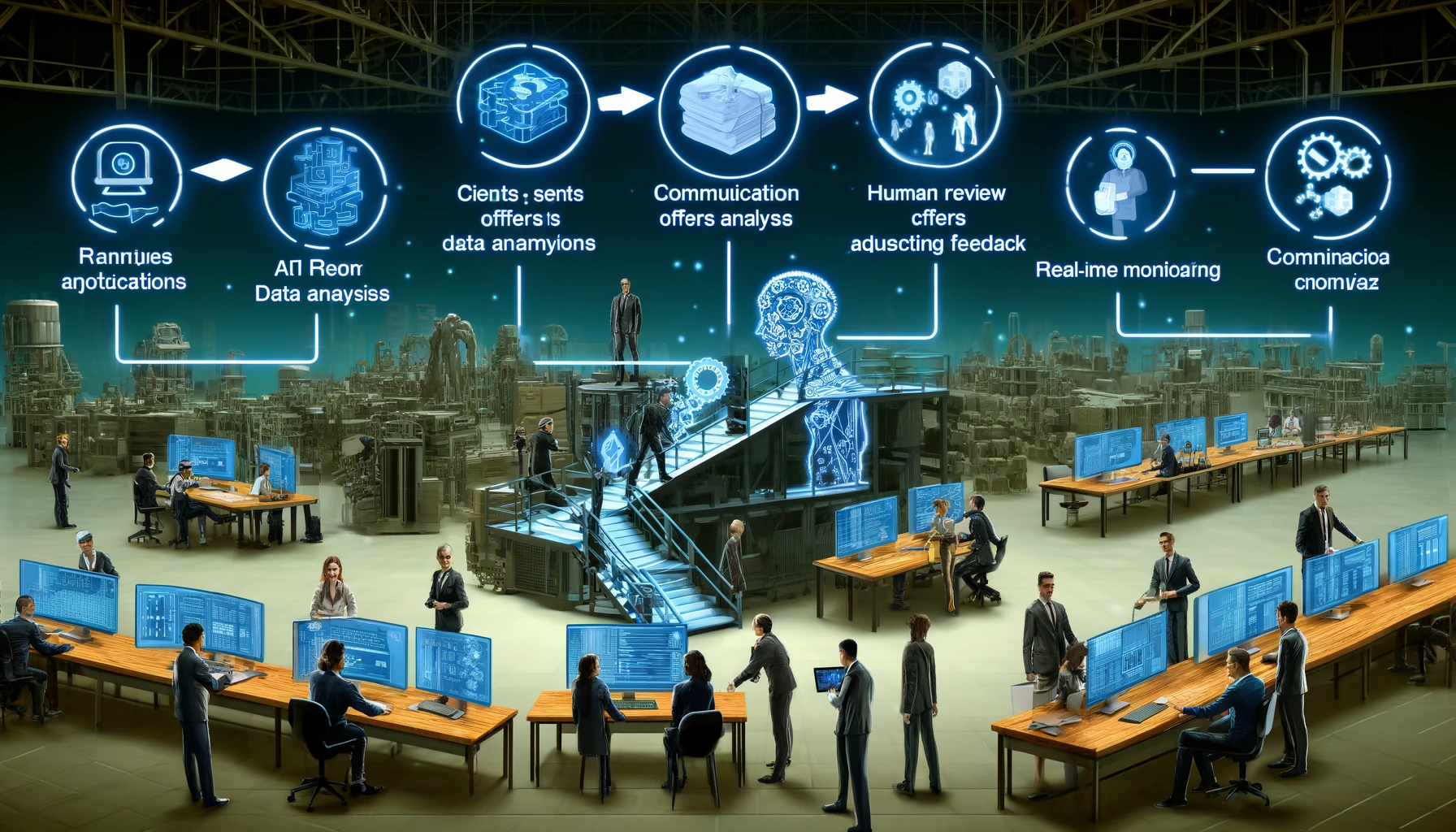The sales process consists of two key components: the quoting process and the order management process. The quoting process involves submitting, approving, and accepting quotes, thus driving the sales process, often referred to as "quote-to-order." The duration and components of the quoting process depend on the business model and can vary depending on the channels through which quote requests are received.
Challenges of the Manual Quoting Process
Accelerating the Quoting Process with Artificial Intelligence
When Should You Automate the Quoting Process?


AI allows for rapid quote generation, increasing customer satisfaction and the chances of winning business.

AI reduces human errors, improving quote accuracy and customer trust.

Automating repetitive tasks increases operational efficiency and productivity.
Automating the quoting process with AI offers numerous advantages: faster response times, increased accuracy, improved efficiency, and precise cost estimations. These benefits contribute to customer satisfaction, profitability, and market competitiveness.

